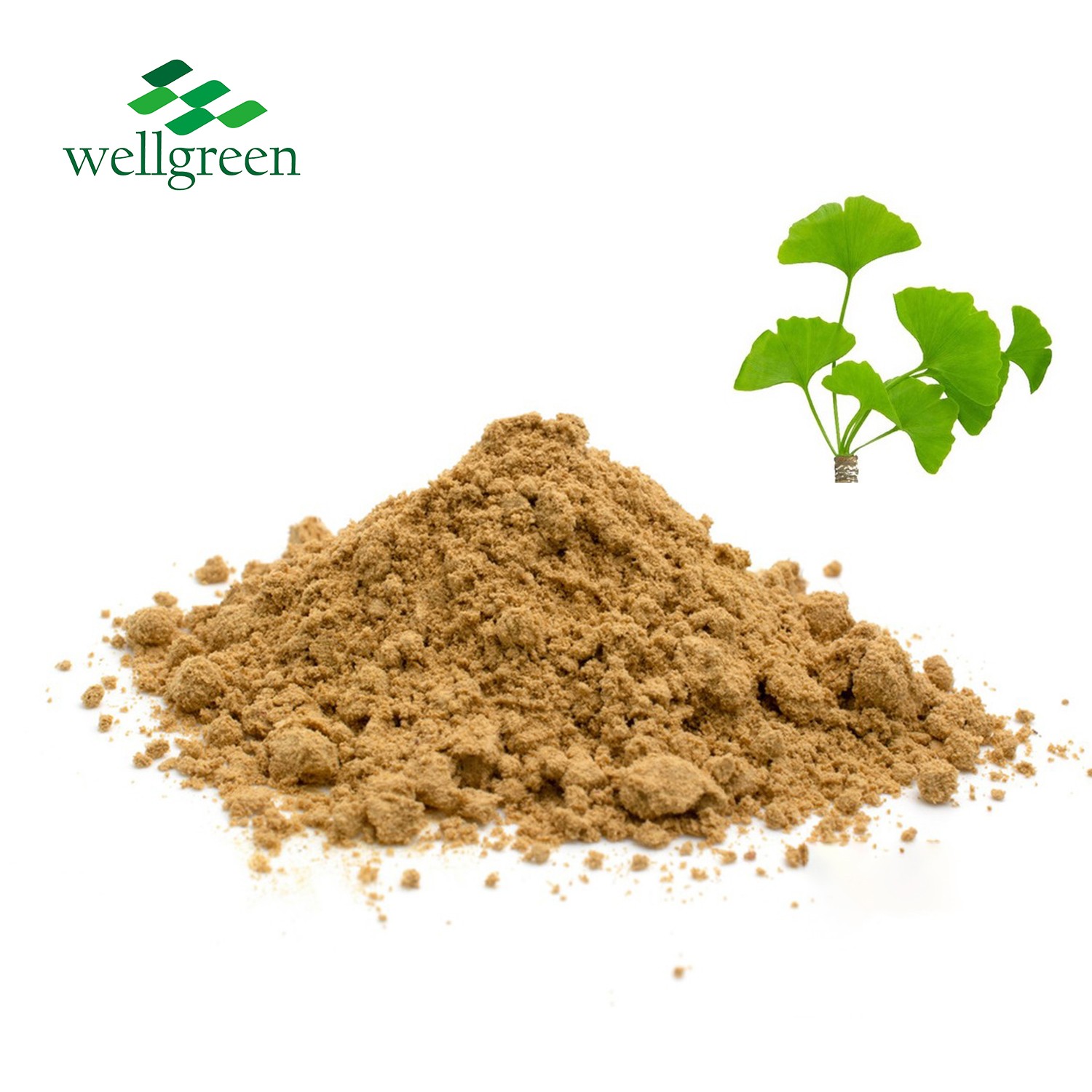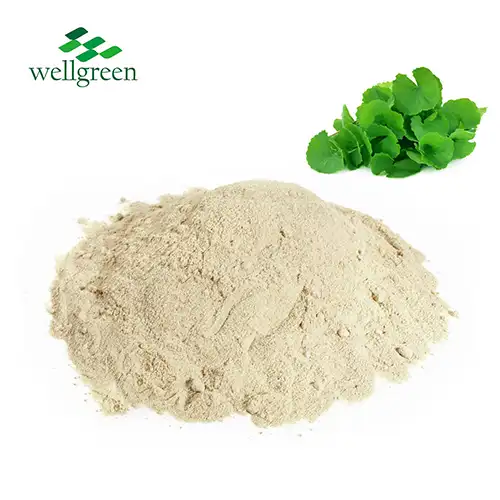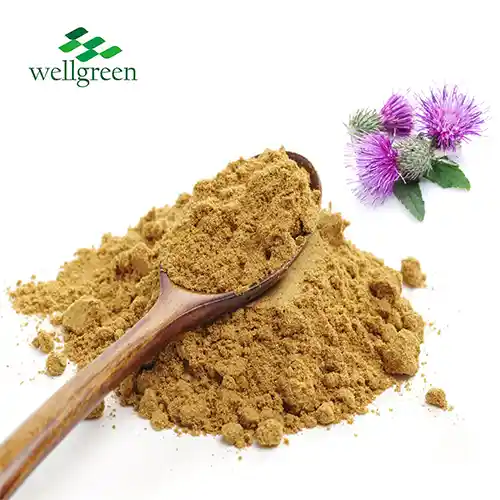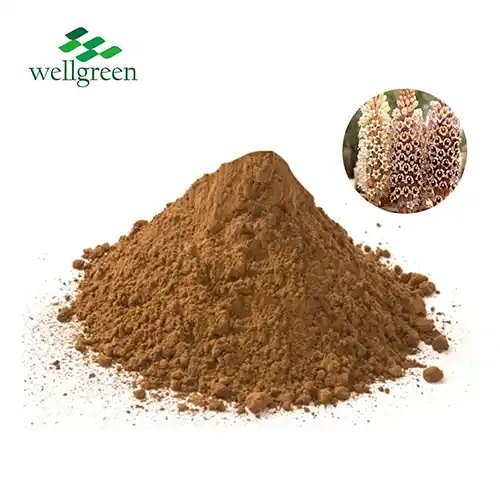Does Cranberry Extract Prevent UTI?
2025-07-18 13:57:53
Cranberry extract has garnered significant attention for its potential role in preventing urinary tract infections (UTIs). While the evidence is not conclusive, many studies suggest that cranberry extract may help reduce the risk of UTIs, particularly in women who experience recurrent infections. The active compounds in cranberry, primarily proanthocyanidins (PACs), are believed to interfere with the ability of bacteria to adhere to the urinary tract walls. This anti-adhesion effect may make it more difficult for harmful bacteria to colonize and cause infection. However, it's important to note that cranberry extract is not a guaranteed prevention method and should not replace proper hygiene practices or medical treatment when necessary. Its effectiveness can vary among individuals, and more research is needed to fully understand its preventive capabilities.

How Does Cranberry Extract Affect Urinary Tract Health?
Acidification of Urine
One way cranberry extract may contribute to urinary tract health is through the acidification of urine. The natural acids present in cranberries, including quinic acid, malic acid, and citric acid, can lower the pH of urine when consumed regularly. This acidic environment can be less hospitable for certain bacteria, potentially reducing their ability to thrive and multiply in the urinary tract. However, it's worth noting that the effect on urine pH is typically mild and temporary, lasting only a few hours after consumption.
Antioxidant Properties
Cranberry fruit extract is rich in antioxidants, particularly flavonoids and phenolic acids. These compounds help protect the cells lining the urinary tract from oxidative stress and inflammation. By reducing cellular damage and supporting overall tissue health, cranberry fruit extract's antioxidants may contribute to a more resilient urinary system. This protective effect could potentially make it more difficult for pathogens to establish themselves and cause infection.
Support for Mucosal Integrity
The mucous membranes lining the urinary tract serve as an important barrier against infection. Some research suggests that regular consumption of cranberry extract may help maintain the integrity of these mucosal surfaces. The bioactive compounds in cranberries could potentially strengthen the mucous layer, making it more effective at preventing bacteria from penetrating deeper into the urinary tract tissues. This reinforcement of the body's natural defenses may play a role in reducing the likelihood of UTI development.
Anti-Adhesion Properties Against Bacteria
Proanthocyanidins: The Key Players
The anti-adhesion properties of cranberry extract are primarily attributed to a specific type of polyphenol called proanthocyanidins (PACs). These compounds are particularly effective against uropathogenic strains of Escherichia coli (E. coli), which are responsible for the majority of UTIs. PACs work by interfering with the fimbrial adhesins on the surface of E. coli bacteria. These adhesins normally allow the bacteria to attach to the cells lining the urinary tract. By disrupting this attachment mechanism, PACs make it more difficult for harmful bacteria to gain a foothold in the urinary system.
Molecular Mechanisms of Action
At the molecular level, cranberry PACs interact with the bacterial cell surface in several ways. They can alter the shape and functionality of the fimbriae, the hair-like structures bacteria use to adhere to surfaces. PACs may also modify the bacterial cell membrane, affecting its ability to interact with host cells. Additionally, these compounds can interfere with the expression of genes responsible for producing adhesion molecules. This multi-faceted approach to preventing bacterial adhesion is what makes cranberry extract a potentially powerful tool in UTI prevention.
Broader Spectrum of Activity
While E. coli is the primary target of cranberry's anti-adhesion properties, research has shown that cranberry extract may also be effective against other uropathogens. Some studies have demonstrated reduced adhesion of Proteus mirabilis, Pseudomonas aeruginosa, and certain strains of Staphylococcus aureus in the presence of cranberry compounds. This broader spectrum of activity suggests that cranberry extract could potentially offer protection against a wider range of urinary tract infections, not just those caused by E. coli.

What Does the Research Say About UTI Prevention?
Clinical Studies and Their Findings
Numerous clinical studies have been conducted to evaluate the efficacy of cranberry extract in preventing UTIs. A meta-analysis published in the Journal of Urology examined 13 randomized controlled trials and found that cranberry products were associated with a significant reduction in UTI incidence, particularly in women with recurrent UTIs. Another study in the Archives of Internal Medicine followed women over 12 months and reported a 35% reduction in UTI occurrence among those consuming cranberry juice daily compared to a placebo group. However, it's important to note that not all studies have shown positive results, and the quality of evidence varies across different research efforts.
Dosage and Form Considerations
The effectiveness of cranberry fruit extract in preventing UTIs may depend on the dosage and form of consumption. Research suggests that a daily intake of at least 36 mg of PACs may be necessary to achieve significant anti-adhesion effects. However, the concentration of PACs can vary widely between different cranberry fruit extract products. Supplements in the form of capsules or tablets often provide more concentrated doses of PACs compared to juice or dried fruit. Some studies have used dosages ranging from 500 mg to 1500 mg of cranberry fruit extract per day, but optimal dosing guidelines are not yet firmly established.
Limitations and Future Research Directions
Despite promising results, the research on cranberry extract for UTI prevention has some limitations. Many studies have been relatively small in scale or of short duration, and there's a need for larger, long-term trials to confirm the effects. Additionally, standardization of cranberry products used in research has been a challenge, making it difficult to compare results across different studies. Future research should focus on identifying the most effective forms of cranberry extract, optimal dosing regimens, and potential synergistic effects with other interventions. There's also a need to explore the mechanisms by which cranberry compounds interact with the human body and the urinary microbiome to better understand their preventive effects.
Conclusion
While the evidence is promising, the question "Does Cranberry Extract Prevent UTI?" doesn't have a simple yes or no answer. Cranberry extract shows potential in reducing the risk of UTIs, particularly for individuals prone to recurrent infections. Its anti-adhesion properties, combined with other beneficial effects on urinary tract health, make it a compelling option for those seeking natural preventive measures. However, it's crucial to remember that cranberry extract is not a substitute for proper medical care or good hygiene practices. As research continues to evolve, we may gain a clearer understanding of how to best utilize cranberry extract for UTI prevention.
Contact Us
Are you interested in incorporating high-quality cranberry extract into your product line or exploring its potential for UTI prevention? Xi'an wellgreen offers premium cranberry extract powder backed by rigorous quality control and extensive research. For more information on our products or to discuss how we can meet your specific needs, please contact us at wgt@allwellcn.com. Let's work together to harness the power of nature for better health!
References
1. Jepson RG, Williams G, Craig JC. Cranberries for preventing urinary tract infections. Cochrane Database Syst Rev. 2012;
2. Maki KC, Kaspar KL, Khoo C, et al. Consumption of a cranberry juice beverage lowered the number of clinical urinary tract infection episodes in women with a recent history of urinary tract infection. Am J Clin Nutr. 2016;
3. Howell AB, Botto H, Combescure C, et al. Dosage effect on uropathogenic Escherichia coli anti-adhesion activity in urine following consumption of cranberry powder standardized for proanthocyanidin content: a multicentric randomized double blind study. BMC Infect Dis. 2010;
4. Vasileiou I, Katsargyris A, Theocharis S, Giaginis C. Current clinical status on the preventive effects of cranberry consumption against urinary tract infections. Nutr Res. 2013;
5. Gupta K, Chou MY, Howell A, Wobbe C, Grady R, Stapleton AE. Cranberry products inhibit adherence of p-fimbriated Escherichia coli to primary cultured bladder and vaginal epithelial cells. J Urol. 2007;
6. Pappas E, Schaich KM. Phytochemicals of cranberries and cranberry products: characterization, potential health effects, and processing stability. Crit Rev Food Sci Nutr. 2009;






